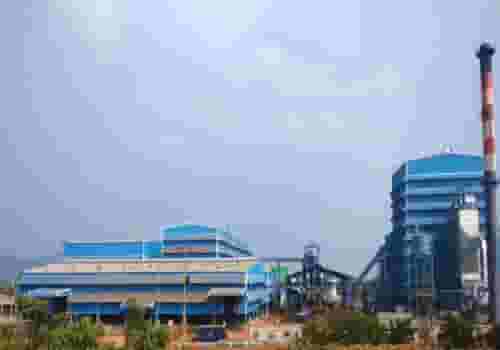




PLC-based automation systems are designed for the automatic control of various plant processes and machinery. These systems feature digital I/Os, analog I/Os, and special function modules, providing a versatile alternative to conventional relay logic. PLCs are often used in conjunction with Human-Machine Interfaces and Supervisory Control and Data Acquisition systems to enhance operational efficiency and facilitate streamlined control.
PLC panels serve as the centralized hub for controlling and monitoring various industrial processes, allowing for precise and coordinated operation of equipment. They integrate PLCs, input/output modules, communication interfaces, and human-machine interfaces (HMIs) to streamline automation tasks.
PLC panels offer programmable logic capabilities, enabling users to create custom logic sequences and algorithms to meet specific automation requirements. This flexibility allows for easy modification and adaptation of control strategies to accommodate changes in production needs or process parameters.
PLC panels are designed for robustness and reliability in demanding industrial environments, with features such as redundant power supplies, fault diagnostics, and fail-safe operation mechanisms. They ensure continuous operation and minimize downtime by quickly detecting and responding to faults or abnormalities in the control system.
We use high-quality MS CRCA sheet steel with thicknesses of 14 gauge 2mm and 16 gauge 1.66mm for panel fabrication. Our panels are supported by robust 75x40 or 100x50 base channels. We offer panels with protection classes of IP 42, IP 52, IP 55, and IP 65, tailored to meet specific client requirements.
Our sheet metal is treated to prevent corrosion and coated with epoxy-based powder to 80-100 microns, using a seven-tank pretreatment process. Panels are then baked at up to 200°C for durability and a high-quality finish. Painting options include oven-drying or powder-coating based on client specifications
Our Busbar System is engineered to leverage the thermal and mechanical properties of the busbar material, effectively resisting short-circuit currents while promoting efficient heat dissipation to maintain cooler temperatures. For added safety and stability, the busbars are supported by SMC insulators, and all joints are secured with specified torque and sealed with a paint mark for verification.
We adhere to the latest IS standards for engineering and wiring in our panels. During assembly, we carefully consider the panel layout to ensure ease of access for operation and maintenance. Each component is clearly labeled to facilitate quick and accurate identification, enhancing both functionality and serviceability.






















